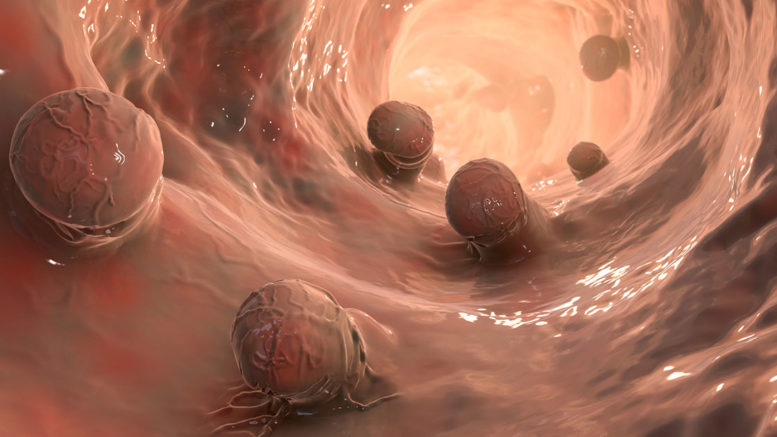The incidence of colorectal cancer among young people is experiencing a concerning increase, with cases often presenting as more severe, according to experts who are sounding the alarm during Colorectal Cancer Month. While advancements in screening and treatments have led to a decline in colon and colorectal cancer cases among those over 50, a troubling trend has emerged among younger demographics.
Dr. Anwaar Saeed, director of UPMC’s Gastrointestinal Disease Center, highlights the rise in colorectal cancer incidence among young individuals, with lifestyle factors, environmental influences, and antibiotic usage being potential contributors. While studies suggest these factors may play a role, Dr. Saeed emphasizes the need for long-term, prospective studies to establish causation.
However, Dr. Saeed underscores that there is no need for further investigation into the correlation between early diagnosis and survival rates. The issue predominantly affects individuals in their 20s and 30s, who often dismiss symptoms as being caused by less serious conditions. Moreover, since many of these cases lack a family history of colon cancer, there is often a delay in seeking medical attention.
Dr. Saeed notes that physicians may also overlook the possibility of colon cancer due to the patient’s age, resulting in delayed diagnosis and treatment. Unfortunately, more than 80% of cases in young individuals are diagnosed at late stages, significantly reducing the chances of survival. Dr. Saeed stresses the importance of raising awareness about the early signs of colorectal cancer to facilitate timely diagnosis and intervention.
Recognizing the early symptoms, such as changes in bowel habits, abdominal or lower back pain, blood in the stool, or unexplained weight loss, is crucial for prompt medical evaluation. While some may assume that colon cancer is primarily hereditary, Dr. Saeed clarifies that only 20% of cases have a genetic component. The majority of cases are attributed to other causes and conditions, underscoring the importance of early detection, which significantly improves treatment outcomes.

